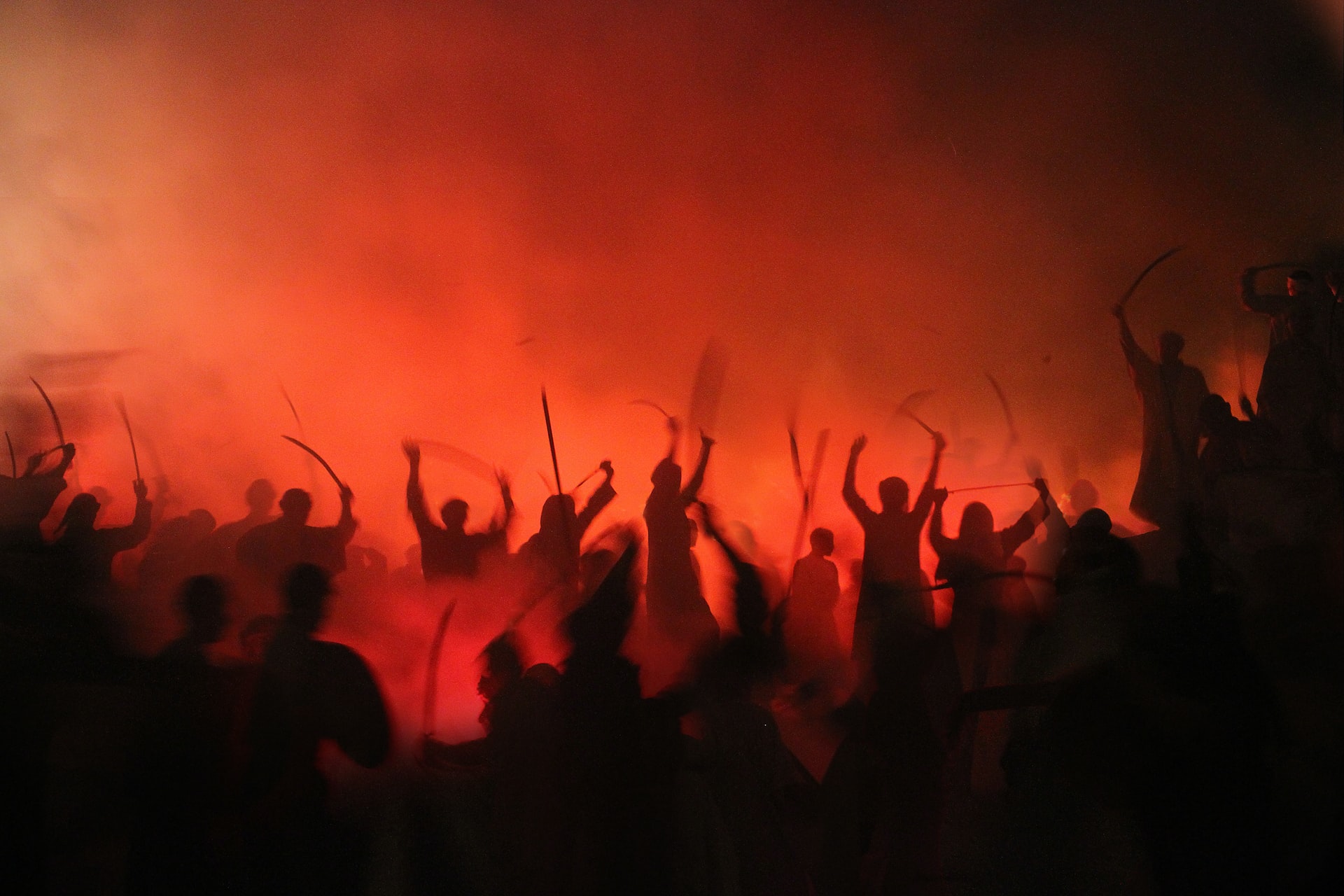Repression is really something different than prevention
- 27 februari 2023
- Foto: Hasan Almasi
In the Netherlands the mayor is responsible for maintaining public order. However, local rules do not provide the authority to preventively curtail the freedom of expression, and certainly not on digital platforms.
Incitement is already punishable
In the lowlands, and undoubtedly in many other European countries, it is already punishable to incite to riot. If you do so, you risk having to answer to a judge. The maximum penalty for sedition is five years in prison and a hefty fine. It does take months for the judge to hand down his sentence. The mayor, responsible for maintaining public order, then thinks: by than the damage has already been done. He would rather want you remove your incitement immediatelyReason for preventive ban: call to demonstrate with fireworks [NL] to preventing further spread. And prohibit you from making new incitements. Because "[it] could lead to disorder in the city," as the Utrecht mayor put it when issuing an ‘online area injunction’.
The mayor of Amsterdam knows full well that she has no good legal basis for such a ban.
Drinking coffee is not a punishable act
It is problematic that the mayor, not the judge, can suddenly determine what you can or cannot say. You might think "a call to riot is a call to riot". But there is a vast gray area, with many nuances and relevant context. In the Netherlands, everyone knows the call to "have a cup of coffeeNOS: "Organizer of demonstration wants to 'drink a cup of coffee' more often on Museumplein" [NL]": the call to demonstrate against government policy on COVID-19. And let's face it: "let's drink coffee in the market square" is not a call for violence, is it? But does it change your opinion if the call is "let's drink coffee in the market square demonstratively"? Or does your opinion change if you know that the call was made by someone who also organized a protest a week earlier that ended in rioting? And what if previous demonstrations ended in riots, but unlike then, this time it is you who sends out the call?
Other rights under pressure
It is good to realize is that this is not just something about our freedom of speech. The right to demonstrate is also coming under pressure. If you are no longer sure you can call to "drink coffee demonstratively", you may no longer feel free enough to organize another demonstration. The mayor is responsible for facilitation demonstrations. But what if you have doubts whether he will actually do so. You might not take to the streets anymore when angry about something. Unfortunately that’s not even everything we find problematic about all of this.
Citizens as guinea pigs
The mayor of AmsterdamMayor awaits a 'suitable case' to use in court [NL] knows full well that she has no good legal basis for such a ban. That is why the mayor of Amsterdam lets it come down to a test case in court. She wants the judge to rule on her measure. But this is a fundamental issue. As a society we have never determined that the mayor has any say on expressions made online, let alone in what way. Therefore, the legislature should rule on this issue and not the judge. For example, unless the defense argues so, the judge will not weigh that such a power also introduces an incentive for social media monitoringMinister working on "handbook on social media monitoring by municipalities" [NL] by mayors. We have a democratic process to make those trade-offs properly, where the cabinet"Minister cautious about online area injunction" makes a proposal and parliament can critically reflect on it. And that is not a done deal, because the Minister of Justice and Security, for example, does not want to legislate for it.
Taking repressive measures that are legally questionable cannot be a good base for that restoration of trust.
So the mayor turns citizens into a guinea pig. The mayor wants to create case law over the backs of her residents or, even more vehemently, force the minister to create new legislation, whereas the minister does not want that at all. That does not fit in the relationship between government and citizens. The government must act predictably. Doing it this way does absolutely nothing to improve citizen confidence in government and the way citizens view our rule of law, or our society as a whole.
The judge, not the mayor, decides whether you can say something or not.
Deep social distrust
And then there is another thing that wrings about the determination to act by mayors. They complain that the criminal justice system works too slowly. They want preventive action to prevent riots. But the anger and violence obviously runs much deeper than that one inflammatory post. Violent drill raps are nothing more than a catalyst for incidents of violence. The cause of those incidentsRead all about in this research thesis: "Favourite rappers or favourite cappers?" lies in the underlying violent street culture. If you want to prevent that, you have to invest in community centers, youth services, mental health services and other facilities. Things that have been cut back enormously in recent years.
And that "drinking coffee demonstratively" is a loaded term has obviously nothing to do with the caffeinated drink itself. A deep distrust in government is the underlying problem. If the government wants to solve that, it must regain the trust of its citizens. And taking repressive measures that are legally questionable cannot be a good base for that restoration of trust.
This translation was kindly provided for by Martin van Veen.

